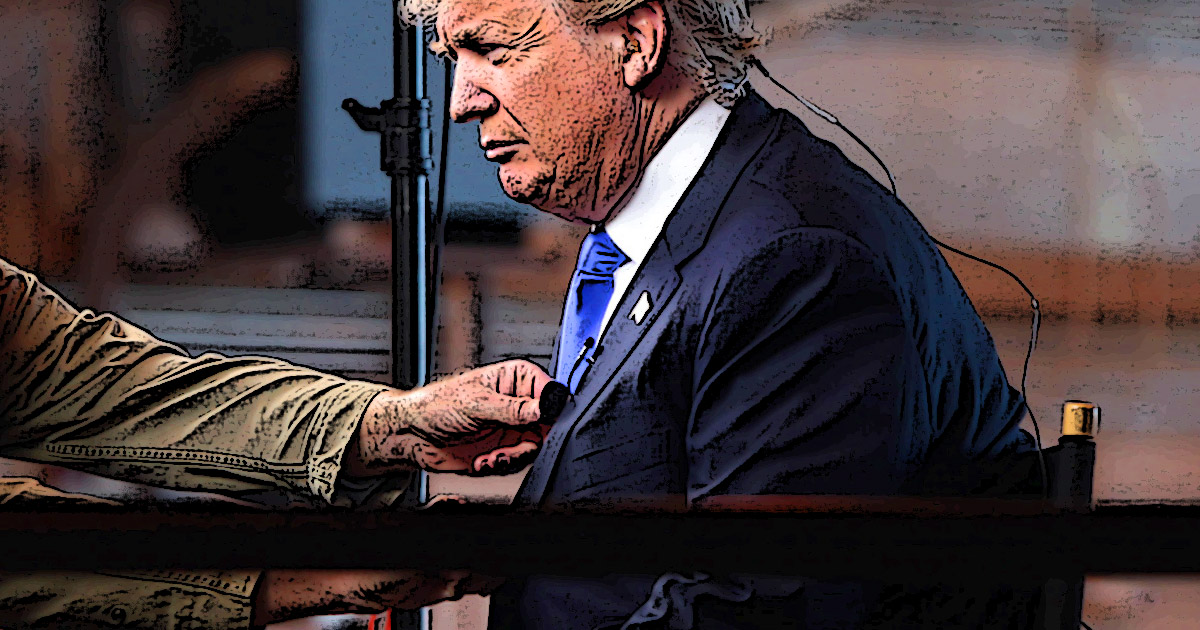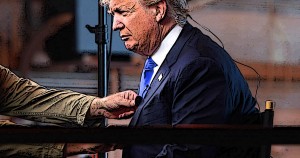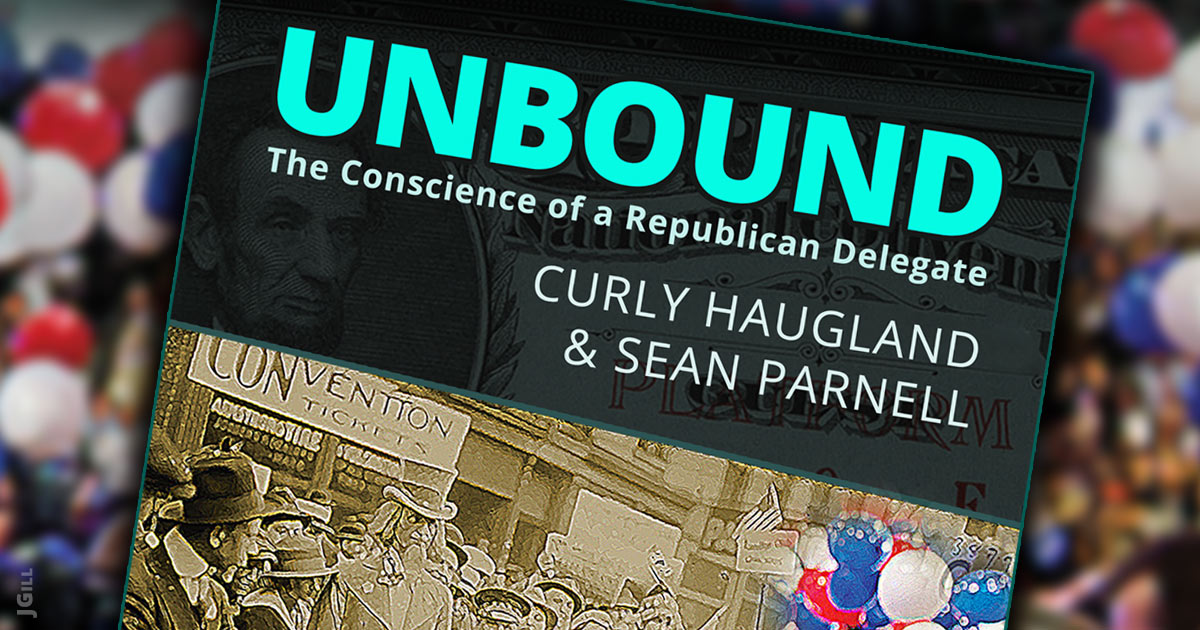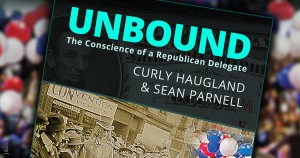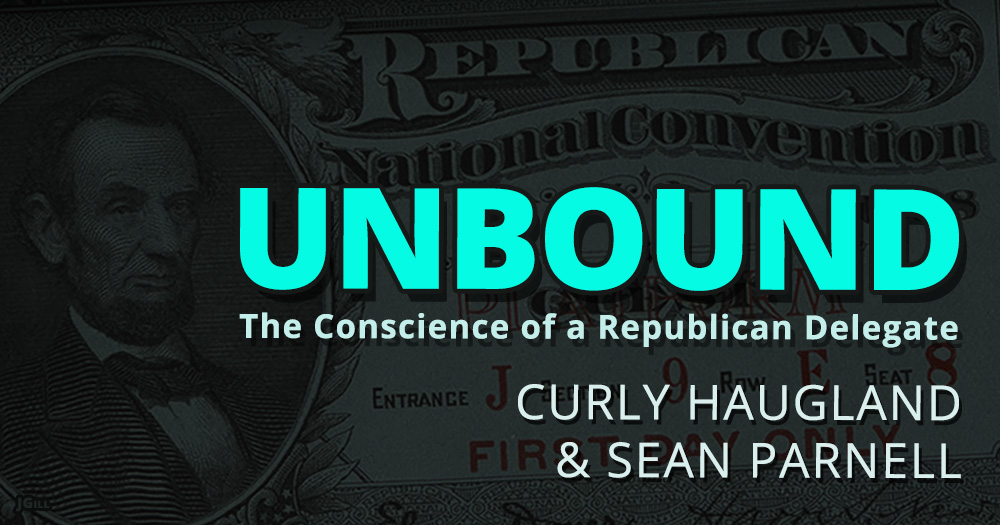Virginia delegate Beau Correll won’t cast his first ballot vote at the Republican National Convention for Donald Trump, and won’t go to jail, either.
As discussed last Thursday, at issue is a state statute requiring* delegates to vote for the plurality winner of the party’s primary. On the Republican side, that’s Mr. Trump. Yesterday, Federal Judge Robert Payne ruled the law unconstitutional, no law at all, because it violates Correll’s First Amendment rights to speak and associate politically.
“In sum, where the State attempts to interfere with a political party’s internal governance and operation,” the federal judge wrote, “the party is entirely free to ‘cancel out [the State’s] effort’ (Def. Resp. 28) even though the state has expended financial and administrative resources in a primary.”
Love ’em or hate ’em, political parties are private associations, properly protected by the First Amendment.
But is it fair to hold primary elections, at taxpayers’ expense, and then ignore the votes of so many people?
Easy answer: NO.
Sure, Judge Payne correctly struck this statute, but it doesn’t follow that states must foot the bill for party primaries and national conventions or provide legal preference. Up to now, incumbent politicians have quietly legislated a relationship of too-friendly collusion between government and the major parties.
It’s time for citizens to look at initiatives to mandate separation of political party and state.
More immediately, the implications for the coming GOP convention in Cleveland are obvious and far-reaching. “The Court’s decision,” as Correll’s attorney David Rivkin summarized, “follows more than 40 years of precedent in firmly rejecting Donald Trump’s legal opinion that delegates are obligated by law to vote for him.”
The delegates are free.
This is Common Sense. I’m Paul Jacob.
* Penalty for non-compliance? One year in prison.
Original photo credit: Gage Skidmore on Flickr
